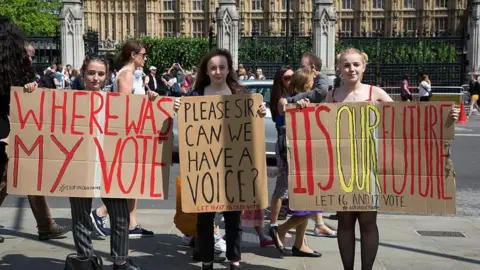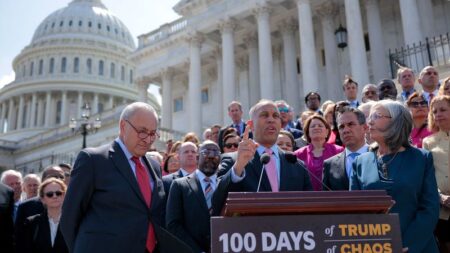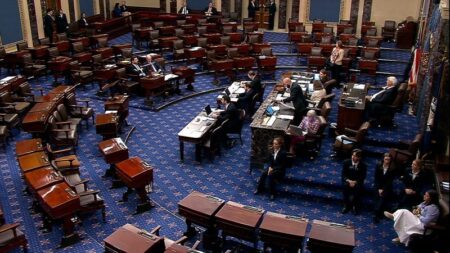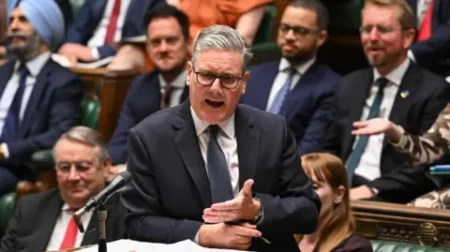Recent announcements by the UK government indicate a transformative change to the electoral landscape, as the voting age is set to be lowered to 16 by the next general election. This initiative aims to enhance the political involvement of younger citizens and reflects a significant shift in how the country perceives the role of youth in democracy.
Democracy Minister Rushanara Ali, in a recent interview with the BBC, described this move as a “seismic” change, underlining the importance of young people’s opinions in shaping government policies. The new voting age is part of a larger set of proposed measures outlined in an upcoming Elections Bill, which is expected to introduce various reforms aimed at modernizing the electoral process.
Apart from lowering the voting age, the proposed changes will also include expanding the forms of identification acceptable for voting to include bank cards issued in the UK. Additionally, the government seeks to make strides towards automatic voter registration, as well as tightening regulations surrounding political donations in order to mitigate risks associated with foreign influence in UK elections. These reforms are poised to create a more inclusive and secure electoral process, ensuring that a broader demographic can participate.
Currently, the minimum voting age in the UK is 18 for most elections, excluding local council elections in Wales and Scotland, and for elections to the Senedd and Scottish Parliament where individuals can vote at 16. The proposed change would mark the first time the voting age has been adjusted since it was reduced from 21 to 18 in 1969, presenting another major evolution in voting rights.
The government’s pledge aligns with Labour’s election manifesto, though it notably did not appear in last Summer’s King’s Speech, which outlines government priorities. Ali emphasized the necessity of this reform, expressing that at 16, young individuals can undertake jobs, pay taxes, and even enlist in the armed forces. Thus, they should also possess a voice in electing those who govern their society.
Furthermore, the government’s plan includes addressing practical challenges related to voter registration. Currently, individuals need to actively register to vote, which can be a barrier, particularly for young people and private renters. The Electoral Commission estimates that approximately seven million individuals are either incorrectly registered or missing from the electoral roll entirely. The proposed automated voter registration system aims to simplify this process, allowing eligible individuals to be added to the electoral register through a more efficient use of data sharing between government departments.
Concerns about foreign interference in political donations are also anticipated to be addressed through proposed reforms. At present, political parties in the UK can only accept donations from registered individuals or businesses operating in the country. However, loopholes have been identified, allowing foreign nationals to circumvent these regulations. Recent reports even suggested that US billionaire Elon Musk could potentially donate to a UK political party, raising significant alarms about the integrity of UK political financing.
Under the forthcoming rules, political parties would be required to verify the connections of companies from which they receive donations, ensuring that these entities have substantial income streams within the UK or Ireland. This includes tightening rules to prevent new companies, regardless of their operational history, from contributing to political parties if they do not have appropriate ties to the UK.
As the UK approaches the next general election, set for by 2029 but likely to occur sooner, these proposed electoral reforms—including the significant alteration of the voting age—aim to reshape the political landscape. They reflect a broader commitment to modernizing democratic participation and addressing the concerns of a younger generation eager to make their voices heard. By ensuring that young people have the opportunity to vote, the government is working to foster a more inclusive democracy that recognizes the valuable insights of its youngest constituents.











